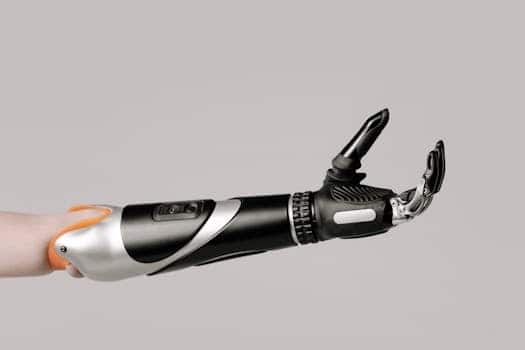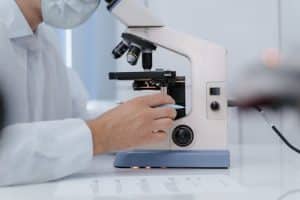Human Organ Designers: Bioengineering Specialists
Welcome to the world of bioengineering, a field that is revolutionizing the way we think about human health and longevity. At the forefront of this field are human organ designers, experts in the art and science of bioengineering. These specialists are tasked with creating fully functional human organs using cutting-edge technology and techniques. In this article, we will take an in-depth look at the role of human organ designers, their skills and expertise, and the impact they are making on the future of healthcare.
The Role of Human Organ Designers
Human organ designers, also known as bioengineering specialists, are professionals who design and create artificial human organs for transplantation or research purposes. They work at the intersection of engineering and biology, using their expertise in both fields to create functional and biocompatible organs that can replicate the functions of natural human organs.
The demand for human organ designers has increased dramatically in recent years, thanks to advancements in technology and an increased understanding of the human body. With the number of people awaiting organ transplants far outnumbering the availability of donor organs, the need for innovative solutions has become urgent. Human organ designers are playing a crucial role in bridging this gap by creating organs that can function just like natural ones.
Skills and Expertise of Human Organ Designers
Being a human organ designer requires a diverse set of skills and expertise. These professionals must have a deep understanding of human anatomy, physiology, and biology. They must also have a strong foundation in engineering principles, such as mechanics, materials science, and computer-aided design.
Aside from technical skills, human organ designers must also possess strong problem-solving and critical thinking abilities. Creating artificial organs is a complex process that requires a thorough understanding of the body’s intricate systems and the ability to think outside the box to develop innovative solutions.
Moreover, these professionals must also have excellent communication and collaboration skills, as they often work alongside other healthcare professionals, such as surgeons and researchers.
The Impact of Human Organ Designers on Healthcare
The work of human organ designers has far-reaching implications for the future of healthcare. With their skills and expertise, they have the potential to change the landscape of organ transplantation and improve the quality of life for countless individuals.
One of the most significant impacts of human organ designers is the potential to eliminate the need for donor organs, which are often in short supply. Artificial organs created by these specialists can be made readily available, reducing the waiting time for patients in need of an organ transplant. It also eliminates the risk of organ rejection, as the artificial organs are designed to be biocompatible with the recipient’s body.
Bioengineering specialists are also making a significant impact on medical research. With the ability to create artificial organs, researchers now have access to more accurate and functional models for studying diseases and testing potential treatments. This could lead to groundbreaking discoveries and advancements in the medical field.
Conclusion
As we continue to push the boundaries of technology and our understanding of the human body, the role of human organ designers will become increasingly vital. These professionals are at the forefront of the bioengineering revolution and are paving the way for a future where artificial organs are the norm, and the scarcity of donor organs is a thing of the past.
In conclusion, human organ designers are highly skilled and knowledgeable professionals who are making a significant impact on the field of healthcare. With their expertise, they are creating artificial organs that can save lives, improve the quality of life, and advance medical research. As technology continues to evolve, we can only imagine the incredible impact these specialists will make in the years to come.








